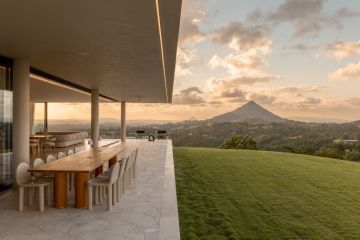Inside The Native, the new Texas hostel that's nothing like what you'd expect
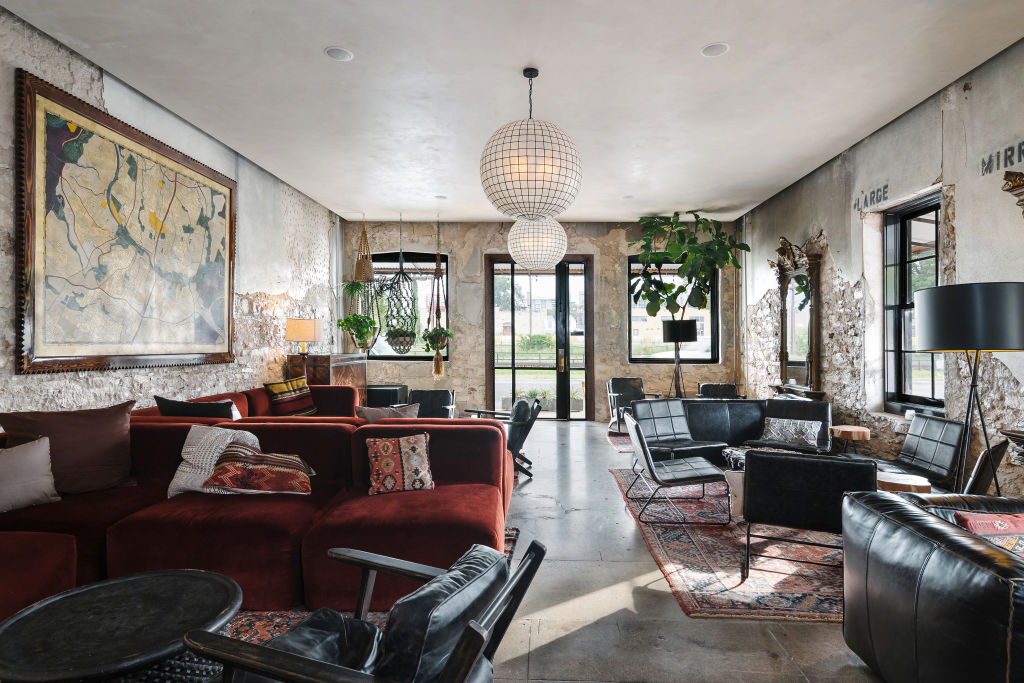
In the heart of Austin, Texas, is a hostel that bears no resemblance to the shabby dives often associated with budget travel.
The Native Hostel, Bar & Kitchen is a boutique hostel, bar, cafe and event space designed to appeal to epicurean travellers and locals in a city famous for its live music scene.
Situated in an 1890s two-storey railroader hotel and an adjoining mid-century warehouse in downtown Austin, the hostel embraces an eclectic blend of nostalgia and luxury. The decor takes its inspiration from the American Tramp Art movement, made popular at the turn of the 20th century. Vintage oriental rugs, intricate woodwork, velvet couches and woven wall hangings on limestone walls enhance the inviting atmosphere.
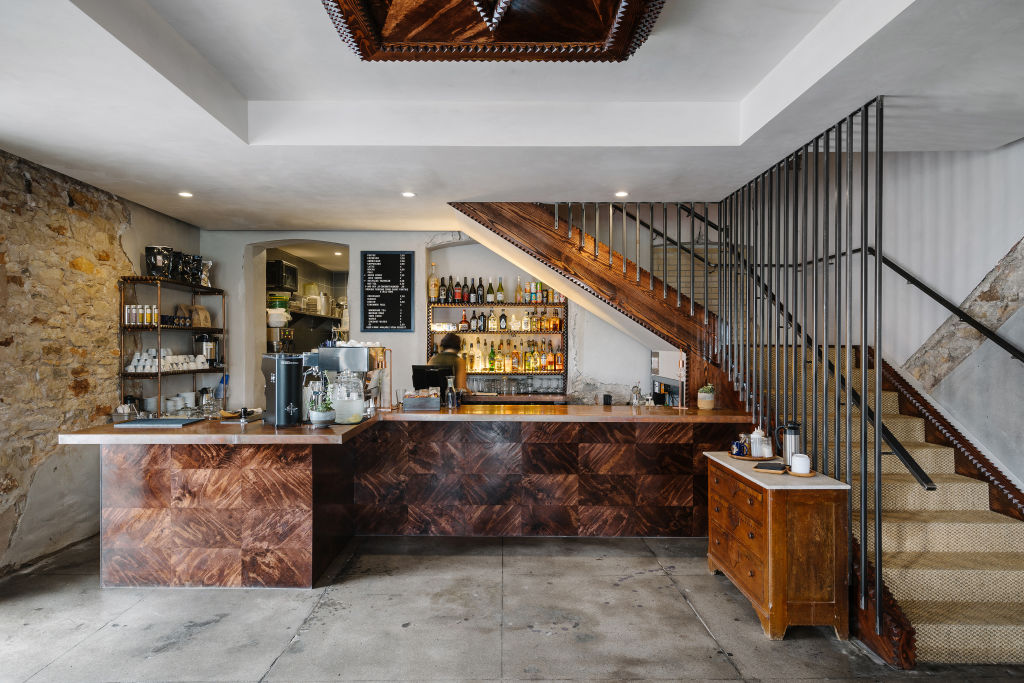
Native, which opened last year, is part of a new generation of high-style, low-cost accommodation options catering to globe-trotters in search of a deeper experience of travel. Antonio Madrid, a partner at Native Hostel, says there were three main ideas behind the project.
The first was to make noteworthy travel attainable in an increasingly expensive and isolating world. The second: to celebrate the soul of Austin while casting a new vision for its future. “And third, to remind folks that travel is best done in the company of warm friends and tangled bedsheets … and a shot of tequila,” he says.
Madrid points to the Tramp Art phenomenon, in which small pieces of discarded wood are carved into geometric shapes, to explain the inspiration behind the design. “Hostels are populated with seekers, explorers, curious ones and those looking for something. Similarly, Tramp Art came from travellers traversing the countryside seeking work and a new life,” Madrid says. “I see ourselves working beyond design and toward a depth of experience that only architecturally noteworthy environments can provide.”
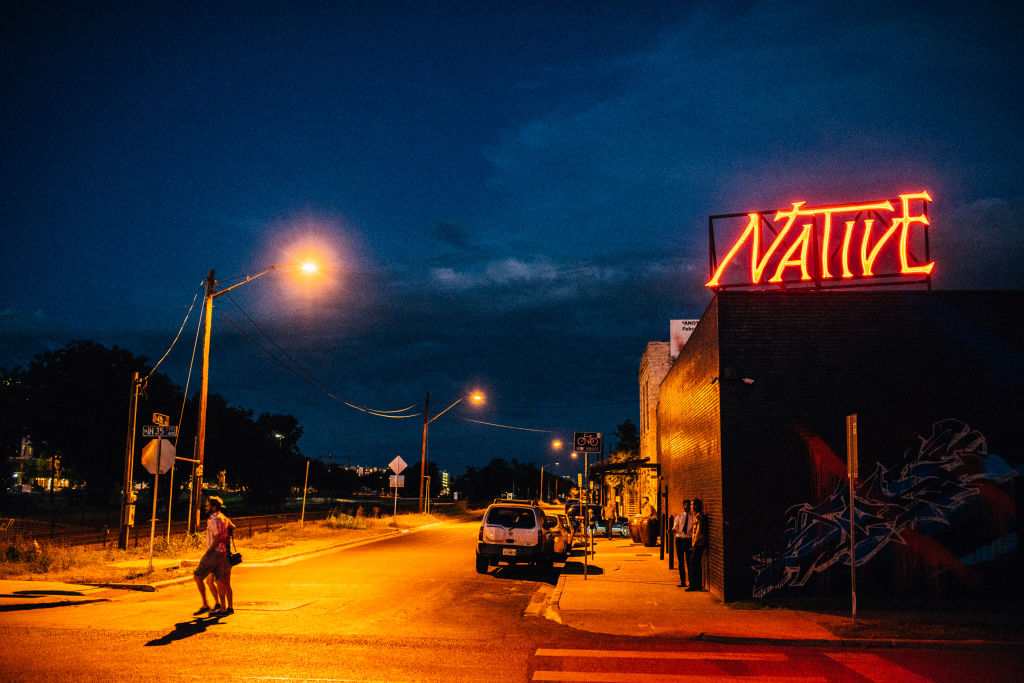
Native is owned by Icon Design-Build, with architecture by un.box studio and interiors by Joel Mozersky Design. Prices range from about $56 for a bed in a shared room to more than $200 for private rooms.
The hostel is featured in The Grand Hostels (Gestalten, 2018), a new book by travel blogger Kash Bhattacharya of budgettraveller.org. Bhattacharya traces the rise of luxury, design-driven hostels to the Portuguese capital Lisbon in the depths of the global financial crisis of the 2000s. At the time, the city centre was dotted with beautiful old buildings considered too expensive for developers to renovate.
- Related: An experimental take on eco design
- Related: Rent these pod homes on Airbnb
- Related: Bahamas island lists for $118m
“Local artists saw an opportunity to take over the lease for these buildings and turn them into a space where they could live themselves and welcome friends from all over the world,” Bhattacharya says.
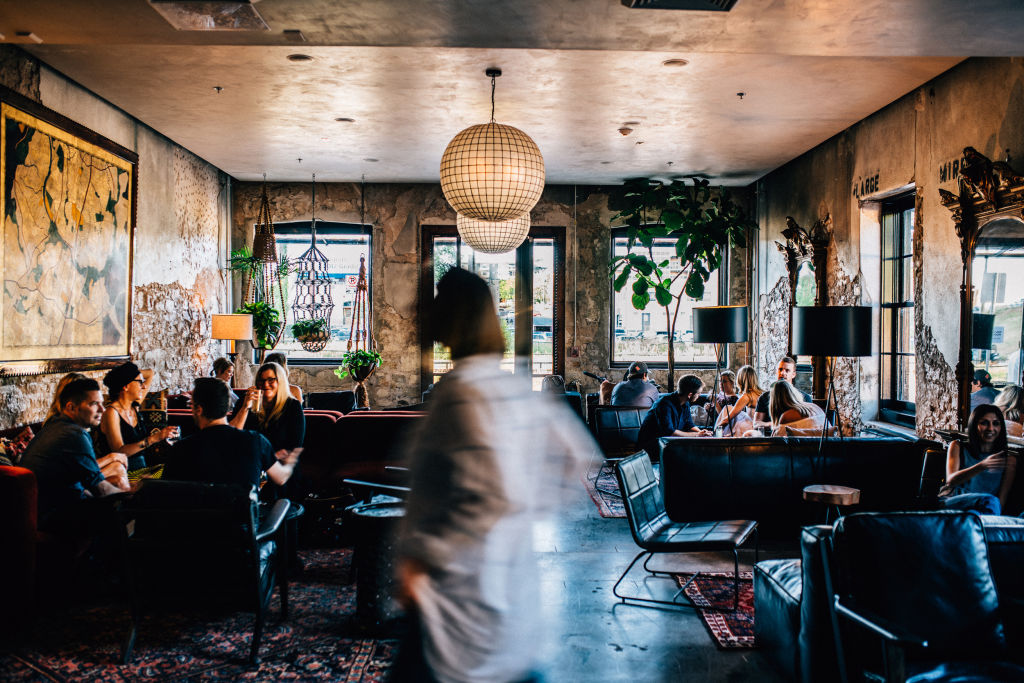
“Scraping everything from their grandmother’s attic to vintage flea markets across the city, a bunch of beautiful hostels sprung up in a short space of time.”
With the shabby-chic trend in full swing, it didn’t cost a fortune to create spaces exuding the ramshackle decadence of more expensive boutique hotels. Airbnb was also emerging as a powerful force in the travel industry, offering people opportunities to live like locals while Instagram helped accelerate the hostel juggernaut.
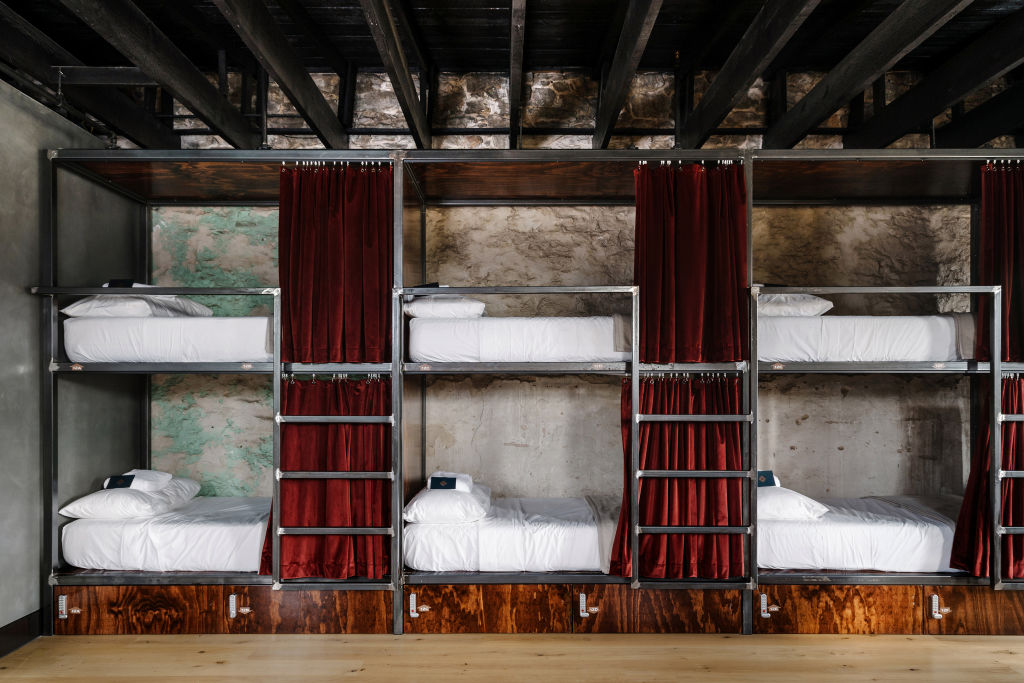
Other properties featured in the book include Hotel Ozz in Nice, Generator Venice, The Passenger Hostel in Porto, LetsBunk Poshtel in Dehli and Abraham Hostel Tel Aviv.
Bhattacharya says as hostels have grown up, so too have their clientele, welcoming guests from all age groups, including more business travellers. “Hostels are no longer the preserve of 20-something backpackers.”
We recommend
We thought you might like
States
Capital Cities
Capital Cities - Rentals
Popular Areas
Allhomes
More





